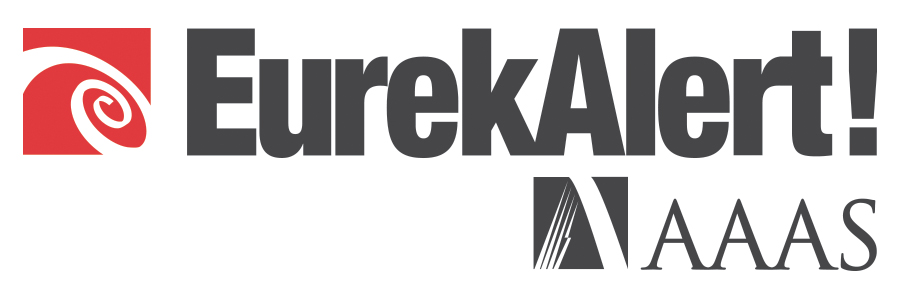
SAN ANTONIO, TX – In the updated results from NRG Oncology/NSABP B-42 trial through 10 years of observation, extending letrozole therapy for additional five years after five years of adjuvant endocrine therapy resulted in a statistically significant improvement in the 10-year disease-free survival (DFS) of postmenopausal women with hormone-receptor-positive breast cancer. The study continues to show no difference in overall survival with letrozole compared to placebo. The findings were presented at the 2019 San Antonio Breast Cancer Symposium, held December 10-14.
The NRG Oncology/NSABP B-42 trial enrolled 3,966 patients between September 2006 and January 2010. Patients were randomized to receive 2.5mg letrozole or placebo daily for 5 years after having undergone 5 previous years of hormonal therapy, (with either an aromatase inhibitor or tamoxifen followed by an aromatase inhibitor). In the original results of this phase III trial, presented at the San Antonio Breast Cancer Symposium in 2016, the beneficial effect of extended letrozole therapy on DFS did not reach statistical significance. The updated results, with median follow-up of 9.3 years, demonstrate a similar but statistically significant benefit for letrozole vs placebo (HR=0.84; 95% CI 0.74, 0.96; p=0.011). In addition, letrozole continues to provide a statistically significant improvement in breast-cancer-free interval (26% decrease in the risk of BCFI events) and distant recurrence (29% reduction in the risk of DR events). Overall survival rates, as in the earlier analysis, continued to show no significant improvement with letrozole. There were no significant differences in the risk of osteoporotic fractures and arterial thrombotic events between the letrozole and the placebo groups.
“Our findings continue to suggest that careful assessment of potential risks and benefits is necessary for selecting appropriate candidates for extended letrozole therapy among patients with early-stage breast cancer,” according to Terry Mamounas, MD, of the Orlando Health UF Health Cancer Center, and lead investigator of the study.
###
NRG Oncology NSABP B-42 was supported by grants U10CA180868 (NRG Oncology Operations), U10CA180822 (NRG Oncology SDMC), UG1CA189867 (NCORP) from the National Cancer Institute (NCI); Korea Health Technology R&D Project; Novartis supplied letrozole under a Clinical Supply Agreement with NCI. clinicaltrials.gov identifier: NCT00382070.
Citation
Mamounas, E P; Bandos, H; Lembersky, B C; Jeong, J-H; Geyer, C E Jr.; Rastogi, P; Fehrenbacher, L; Graham, M L; Chia, S K; Brufsky, A M; Walshe, J M; Soori, G S; Dakhil, S R; Seay, T E; Wade, J L III; McCarron, E C; Paik, S; Swain, S M; Wickerham, D L; Wolmark, N. Ten-year results from NRG Oncology/NSABP B-42: A randomized, doubleblinded, placebo-controlled clinical trial of extended adjuvant endocrine therapy with letrozole (L) in postmenopausal women with hormone-receptor+ breast cancer (BC) who have completed previous adjuvant therapy with an aromatase inhibitor (AI). San Antonio Breast Cancer Symposium 2019 Dec 10-14, 2019, Abstr: GS4-01.
About NRG Oncology
NRG Oncology conducts practice-changing, multi-institutional clinical and translational research to improve the lives of patients with cancer. Founded in 2012, NRG Oncology is a Pennsylvania-based nonprofit corporation that integrates the research of the legacy National Surgical Adjuvant Breast and Bowel Project (NSABP), Radiation Therapy Oncology Group (RTOG), and Gynecologic Oncology Group (GOG) programs. The research network seeks to carry out clinical trials with emphases on gender-specific malignancies, including gynecologic, breast, and prostate cancers, and on localized or locally advanced cancers of all types. NRG Oncology’s extensive research organization comprises multidisciplinary investigators, including medical oncologists, radiation oncologists, surgeons, physicists, pathologists, and statisticians, and encompasses more than 1,300 research sites located world-wide with predominance in the United States and Canada. NRG Oncology is supported primarily through grants from the National Cancer Institute (NCI) and is one of five research groups in the NCI’s National Clinical Trials Network. //www.
Disclaimer: AAAS and EurekAlert! are not responsible for the accuracy of news releases posted to EurekAlert! by contributing institutions or for the use of any information through the EurekAlert system.

